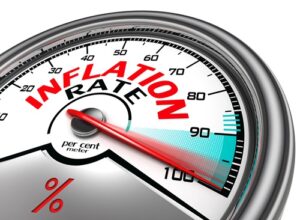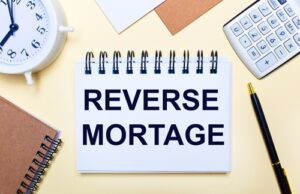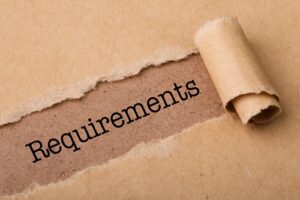
A reverse mortgage is a financial tool that lets homeowners access their home equity without selling their property. While it provides financial flexibility, it’s important to understand how it works, its potential benefits, and any risks involved. By exploring your options, you can make an informed decision that best fits your needs.
Understanding a Reverse Mortgage
A reverse mortgage allows homeowners to convert home equity into cash or a line of credit while continuing to live in their home. Instead of making monthly mortgage payments, the lender provides payments to the borrower. However, the loan must be repaid when the homeowner moves out, sells the home, or passes away.
Unlike traditional loans, this mortgage provides financial relief without requiring immediate repayment. This makes it a popular option for retirees who need additional funds but want to remain in their home.









